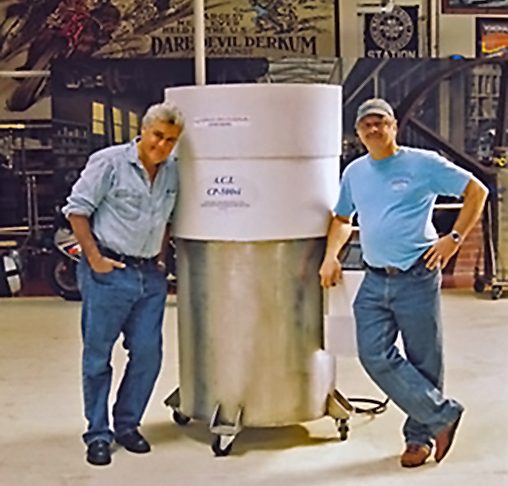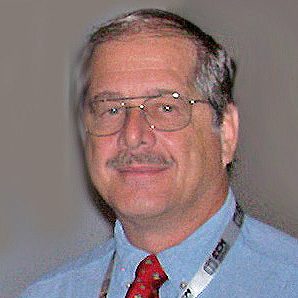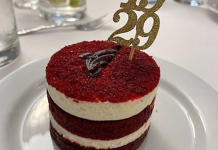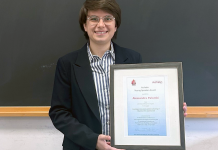
Rick Diekman, founder of Controlled Thermal Processing, died December 24, 2019.
Diekman was a trained, experienced mechanical engineer and stress analyst who worked to get the facts out about the developing field of cryogenic treatment. He was first introduced to cryogenics when he was tasked with finding extended tool life when he worked for Fel-Pro. His experiences there convinced him to open what is now Controlled Thermal Processing.

His most visible legacy of the 25 years of his life is the CSA database of research publications pertaining to cryogenic treatment of materials, according to colleagues Jeffrey Levine and Bentzion Ben-Ami. It remains a resource for all who wish to further the research or who are looking for guidance in a specific application. Diekman served on the board of the cryogenic subcommittee of the ASM heat-treating society. While there, he was asked to write the definition of cryogenic processing, which is used to define the process today. He arranged technical partnerships with Air Liquide and gave presentations to the U.S. Army Corp of Engineers. He was involved in the testing that convinced the West Coast division of the U.S. Postal Service to use cryogenics to save money using the efficiencies cryogenic processing provides. During his time with the U.S. Postal Service, Deikman visited Jay Leno’s Garage and made an informative video with Leno about cryogenics.
Levine and Ben-Ami say Diekman worked with customers to assess failure modes of their tooling, components or products to help them find solutions to improve or eliminate the problem.
“Of course, we hoped that cryogenic treatment would play a role in any solution; but, he never let our desire to sell our service or our cryo-processors color his advice,” said Levine. “As a dedicated engineer, Rick always rendered his best technical assessment. He honored and respected the science. Rick was always guided by the facts; he resisted myth and hyperbole. His stick-to-itiveness in spite of many years of rejection for trying to introduce a disruptive technology is why we are here today. We have lost a valued member of our community and he will be missed.”
MORE INFO www.ctpcryogencis.com
























